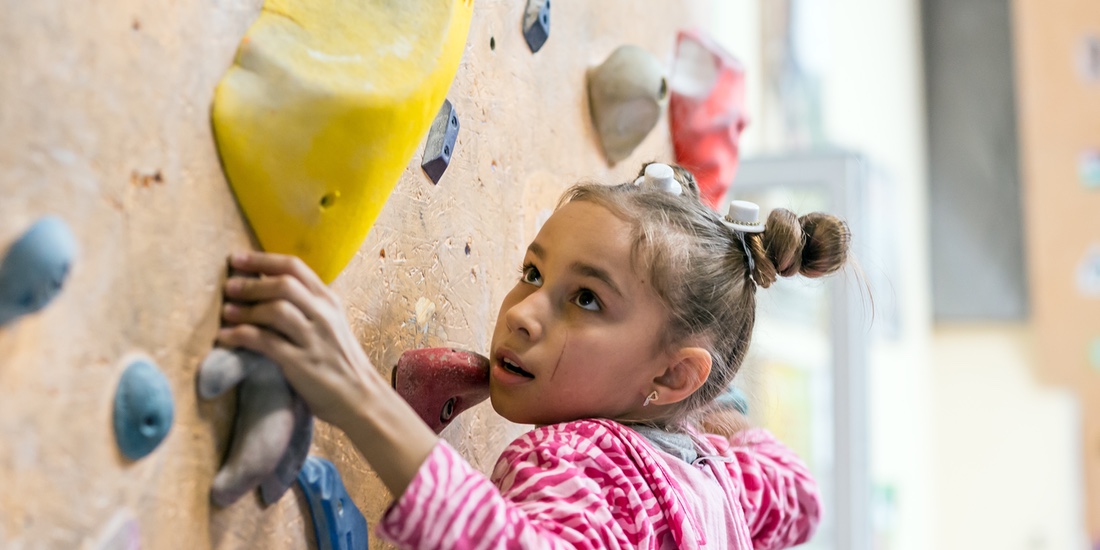Let’s double-down on how to translate *growth mindset* into something tangible with your child. We’re focusing on how to teach your child about growth mindset, and how to transform their everyday.
Learn
Basic Concepts
- Mindset is generally defined as how people perceive their abilities or intelligence. We tend to hold one of two mindsets:
- Growth mindset
- We can learn and improve through practice and hard work.
- Challenges are opportunities to learn.
- Fixed mindset
- Ability and intelligence are fixed, and don’t change or can only change modestly.
- Challenges are a sign of weakness.
- Growth mindset
- Developing a growth mindset in children helps them persevere through challenges and believe in their ability to grow their brain like a muscle. Research by Mindset pioneer, Carol Dweck, a psychology professor at Stanford University, demonstrates that a growth mindset positively affects children’s engagement, motivation, achievement and happiness.
Do
Core Marbles
- Teach your child about their brain’s ability to grow
- Point out wherever you see growth mindset
- Embrace mistakes
- Use the word *yet*
- Practice helpful praise
How to Apply Growth Mindset *with* Your Child
- Teach your child about their brain’s ability to grow – Your brain is a muscle: with hard work and practice, you can grow your brain and become smarter. Try these tools:
- This fun video.
- Read this easy-to-understand story.
- Share the research with older children.
- Point out wherever you see growth mindset – For example, whenever your child shows it, when you show it, character in a book, etc.
- “Remember how it was tricky for you to write the letter “R” in your name? You’ve been working so hard at writing that now you’re writing your name everywhere and on everything. You have a growth mindset!”
- “Remember how you couldn’t read all the words in this book when we first started it? But we’ve been practicing every night and now look! You can read the whole book by yourself. Your brain grew!”
- “I went on a run and finally made it up a hill that I’ve been scared of for a long time. I’ve been running around that hill for a year, and finally, I made it to the top! I exercised my big brain muscle today!”
- Embrace mistakes – We need mistakes; mistakes help us learn. If something is too easy and we don’t have the chance to make mistakes, our brains can’t grow.
- At dinner or bedtime, ask each family member, “What did you try today that didn’t work out?” This simple routine helps normalize making mistakes.
- Share your own experiences; learning from you is powerful and effective.
- “I made a mistake in an article I was writing for work. Next time, I’ll re-read my work 2 or 3 times to catch any mistakes.”
- “Not yelling is hard for me when I get mad. But I’ve been counting backwards and taking deep breaths as soon as I feel like my heart beating fast. I’m working hard at it, and now I’m noticing that I don’t yell as much. What do you think?”
- Use the word *yet* – Emphasize the super power of *yet* when your child can’t do something. Or when you can’t do something.
- It’s a powerful cue to help your child see that with effort and perseverance, they can make progress.
- Practice helpful praise – Praise your child in a way that reinforces a growth mindset (e.g., hard work, perseverance, trying again, new skill, curiosity, etc.)
What You Could Say
| Useful Phrases to Build Your Child’s Growth Mindset |
On practice:
|
On perseverance:
|
On making mistakes:
|
More useful phrases: reframe defeatist statements and 5 things you can say if your child fails.
Bonus Fun
Our favorite activity kit to practice growth mindset.
